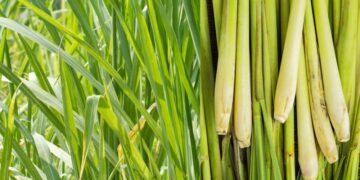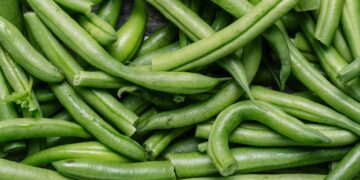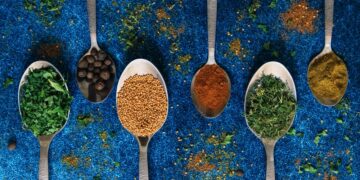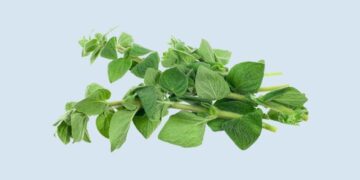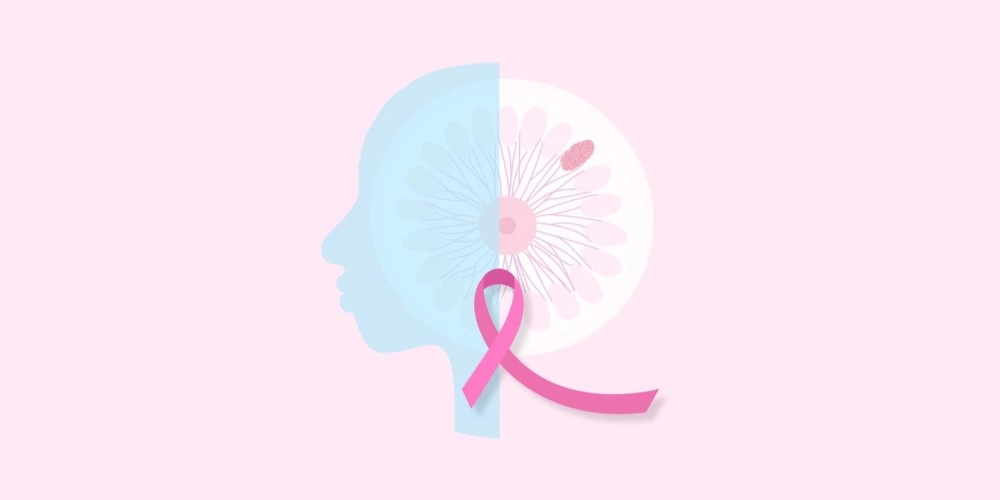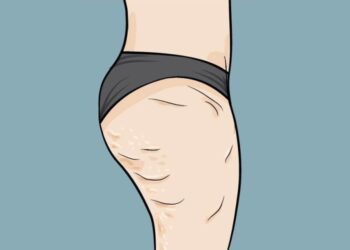Pumpkin seeds, also known as pepitas, are the edible seeds of pumpkins, which belong to the cucurbitaceae family. These small, flat, and oval-shaped seeds are encased in a hard white or yellowish shell when harvested from pumpkins. Pumpkin seeds are not only tasty but also pack a powerful punch of nutrients that promote health and well-being. They are consumed worldwide, either raw, roasted, or incorporated into various recipes.
Nutritional profile of pumpkin seeds
Pumpkin seeds are nutrient-dense and provide a wide array of vitamins, minerals, antioxidants, and healthy fats. Here is a breakdown of their nutritional content (per 28 grams or approximately 1 ounce of shelled pumpkin seeds):
- Calories: 151
- Protein: 7 grams
- Fat: 13 grams (including omega-6 and omega-3 fatty acids)
- Carbohydrates: 5 grams
- Fiber: 1.7 grams
- Magnesium: 37% of the Recommended Daily Intake (RDI)
- Zinc: 14% of the RDI
- Iron: 23% of the RDI
- Phosphorus: 33% of the RDI
- Copper: 19% of the RDI
- Manganese: 42% of the RDI
- Potassium: 5% of the RDI
In addition to these nutrients, pumpkin seeds are rich in antioxidants, including carotenoids and vitamin E, which contribute to their numerous health benefits.
Health benefits of pumpkin seeds
Here the health benefits of pumpkin seeds, supported by scientific research and practical insights.
1. Heart health
Pumpkin seeds support cardiovascular health in several ways:
- Rich in healthy fats: Pumpkin seeds contain monounsaturated and polyunsaturated fats, which help reduce bad cholesterol (LDL) levels and increase good cholesterol (HDL), lowering the risk of heart disease.
- High magnesium content: Magnesium is vital for maintaining normal blood pressure, muscle function, and heart rhythm. Studies show that a magnesium-rich diet reduces the risk of stroke and heart attacks.
- Antioxidants: The seeds’ antioxidants, including carotenoids, protect the heart by reducing inflammation and oxidative stress, which are linked to cardiovascular diseases.
2. Boosts immunity
Zinc, a key mineral in pumpkin seeds, is crucial for immune function. It helps the body fight infections and supports wound healing. The seeds also contain vitamin E, another immune-boosting antioxidant that combats free radicals and strengthens the immune response.
3. Supports prostate health
Pumpkin seeds have long been associated with improved prostate health, particularly in men with benign prostatic hyperplasia (BPH), a condition characterized by an enlarged prostate gland. The seeds contain phytosterols and other compounds that may help shrink the prostate and improve urinary symptoms. Pumpkin seed oil, in particular, has been studied for its positive effects on prostate health.
4. Enhances sleep quality
Pumpkin seeds are a natural source of tryptophan, an amino acid that the body converts into serotonin and then melatonin, hormones that regulate sleep. Consuming pumpkin seeds a few hours before bed, especially when combined with carbohydrates, can promote restful sleep.
5. Aids in blood sugar control
Pumpkin seeds are beneficial for people with diabetes or those at risk of developing it. The seeds help regulate blood sugar levels due to their magnesium content, which plays a key role in insulin regulation. Studies suggest that a magnesium-rich diet is associated with a lower risk of type 2 diabetes.
6. Improves digestive health
The dietary fiber in pumpkin seeds supports digestive health by promoting regular bowel movements and feeding beneficial gut bacteria. A fiber-rich diet also reduces the risk of digestive disorders like constipation, diverticulitis, and colorectal cancer.
7. Supports bone health
Magnesium, phosphorus, and manganese in pumpkin seeds contribute to strong and healthy bones. Magnesium enhances bone density, while phosphorus is essential for bone formation and maintenance. Regular consumption of these seeds may reduce the risk of osteoporosis.
8. Promotes skin and hair health
Pumpkin seeds are a rich source of zinc, which supports healthy skin by regulating oil production and reducing acne. The antioxidants in the seeds protect the skin from damage caused by UV rays and environmental pollutants. Furthermore, the essential fatty acids in pumpkin seeds nourish the scalp and promote shiny, healthy hair.
9. Reduces inflammation
The anti-inflammatory properties of pumpkin seeds come from their antioxidants and polyunsaturated fatty acids. Regular consumption may help manage inflammatory conditions such as arthritis and autoimmune diseases.
10. Enhances mental health
Pumpkin seeds contain nutrients that support brain function and mental well-being. Magnesium reduces stress and anxiety, while zinc and omega-3 fatty acids improve cognitive function and memory. The seeds are also a source of iron, which prevents fatigue and supports brain oxygenation.
11. Supports weight management
Pumpkin seeds can be a part of a weight management plan due to their high protein and fiber content. These nutrients promote satiety, reduce hunger cravings, and help control calorie intake.
How to Incorporate Pumpkin Seeds Into Your Diet
Pumpkin seeds are versatile and easy to add to various dishes. Here are some ideas:
- Snack on them: Enjoy roasted or raw pumpkin seeds as a healthy snack. You can season them with spices for added flavor.
- Add to salads: Sprinkle seeds on salads to add crunch and a nutrient boost.
- Include in baking: Use pumpkin seeds in bread, muffins, or granola bars for extra texture and nutrition.
- Blend into smoothies: Add a handful of seeds to your morning smoothie for a protein and nutrient boost.
- Make pumpkin seed butter: Blend roasted seeds into a creamy spread that can be used as a substitute for peanut or almond butter.
- Incorporate into soups and stir-fries: Garnish soups and stir-fries with pumpkin seeds for added flavor and nutrients.
Precautions and Potential Side Effects
While pumpkin seeds are generally safe for most people, there are a few considerations:
- Allergies: Some individuals may have allergies to pumpkin seeds. Symptoms can include itching, swelling, or difficulty breathing.
- Calorie content: Although nutrient-dense, pumpkin seeds are high in calories, so moderation is key to avoid weight gain.
- Phytic acid: Pumpkin seeds contain phytic acid, which can impair the absorption of certain minerals like iron and zinc. Soaking or roasting the seeds can reduce phytic acid content.
Conclusion
Pumpkin seeds are a powerhouse of nutrition and provide a myriad of health benefits, from supporting heart and prostate health to enhancing mental well-being and sleep quality. They are versatile, easy to include in your diet, and offer an excellent way to improve your overall health naturally. However, as with any food, it’s essential to consume them in moderation and consider any individual dietary restrictions or allergies. With their impressive nutrient profile and long list of benefits, pumpkin seeds are an excellent addition to a balanced diet.





















































































































